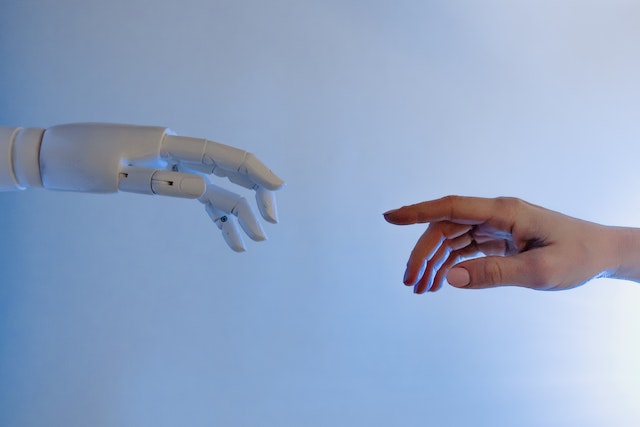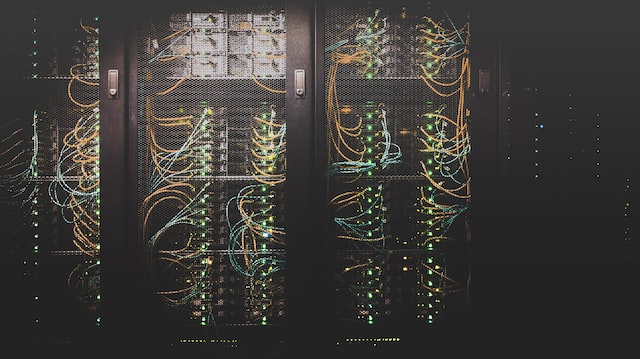Artificial Intelligence (AI) is an aspect of computer science that deals with the creation of Machine Intelligence in contrast to Natural Intelligence demonstrated by humans or animals.
Artificial Intelligence is no longer a project for the future, but an accomplished one that is already undergoing improvements. WABOT-1, which is the world’s first full-scale intelligent humanoid robot, was completed in Japan as far back as 1972 by Waseda University.
AI systems are primarily built to influence the human state of living, these influences cuts across culture, security, entertainment, language, just to mention a few.
Careful enumeration of how Artificial Intelligence changes our daily life with precise examples of the technologies behind these influences is hereby presented.
Stop looking for Artificial Intelligence Systems on the calendar, just turn.
Artificial Intelligence and Culture
Once culture is mentioned, what comes to mind is the belief, customs and arts of a people or society.
Just before the introduction of AI in the field of Weather forecast, a lot of religions and customs see storms, hurricanes, Earth quakes, Landslides and some other natural disasters as punishment from their gods or a thing of fate as no one could predict when it will happen.
In 1900, the United State of America experienced the worst hurricane in its history. The hit on the city (Galveston, Texas), left it completely ruined with about 80,000 dead. In August 2017, residents of same city saw another hurricane a week before it struck with a death record of about 60 “consider the margin”.
AI Technologies such as HARVEY HURRICANE made this possible, thereby, changing the perception, customs as well as artistic description of their deities, ways of life and relationship with their climates.
Artificial Intelligence and Security
AI is fully responsible for the less number of guards and security posts experienced globally. This is due to the introduction of not just camera, but smart surveillance cameras that are optimized to process security related data based on captured contents. Examples of such surveillance devices include SmartBullet which is an aluminum-housed camera built by Umbo Computer Vision, IC Realtime, Google Clips; which is Google’s first AI-powered camera that was released in March 2018, KIPOD, etc.
Artificial Intelligence and Entertainment
During the December 2017 Data Science SALON in Los Angeles; Becky Tucker, a Senior Data Scientist at Netflix, stated that data science takes 80% data of its working/development culture. This implies that viewers or users of Netflix get entertaining videos based on context, freedom, interest, affiliation, language and other factors that bring the most suiting contents to the viewer. A similar system is noticed on YOUTUBE and other multimedia platforms. Netflix and Youtube are popular platform. This is Artificial Intelligence at your door step.
Not to mention Gaming, Sony’s PlayStation Network (PSN) which AI-based still make the daily life of about 80,000 users, a lot of fun as reported by Statista. Users of PSN can model their virtual players’ emotions, strength and so many.
Artificial Intelligence and Communication
Interactions on social media are becoming smarter by the day. An instance is seen in Facebook which uses AI to bring suicide prevention to Live and Messenger in 2015 and increase content personalization.
AI did not stop at improving interaction with other persons on social media but with things in the house. Google Home, which is a powerful speaker and voice assistant, is used to play music. Make phone calls ask questions, place orders, and control a great part of every home. JARVIS is another AI-based device developed by Mark Zukerberg for home automation.
In conclusion, the effects of AI in our lives are now becoming seamless, while critics tends to portray the negative influences of this technology, it remains a fact that the accepted objectives of its product are for the lightening of human tasks. “Accepting AI based on necessity is not really an option as we already using them via third party applications.”
Photo by Tara Winstead
 Jairon Landa
Jairon Landa 
 What is Big Data Analytics?
What is Big Data Analytics?